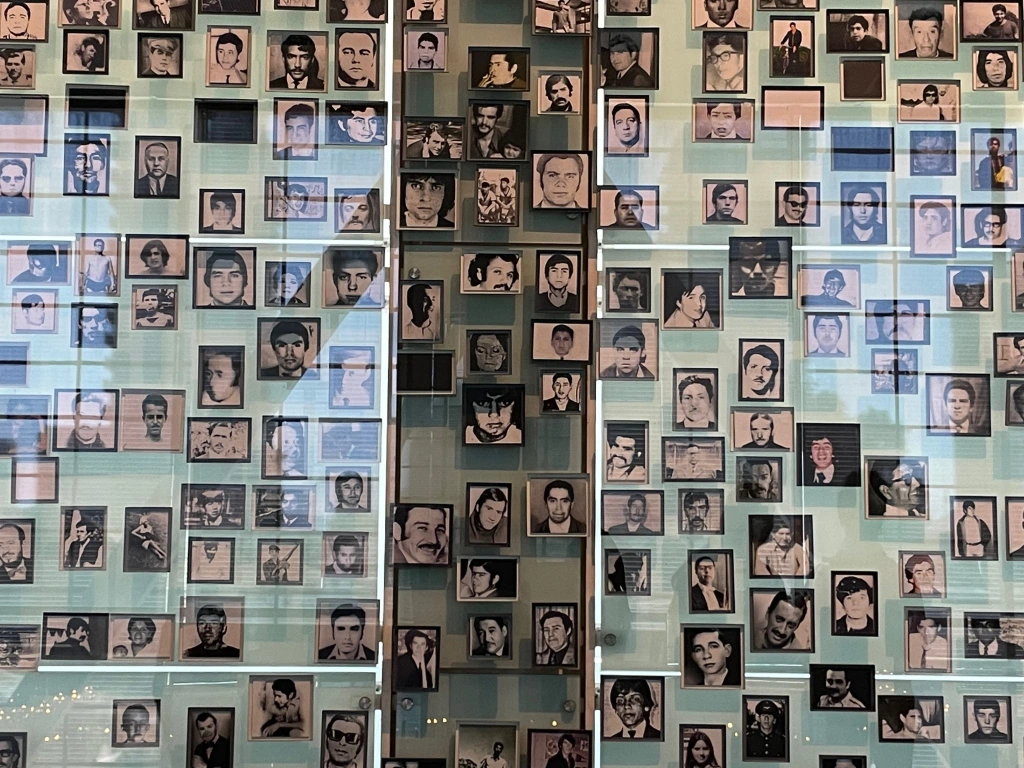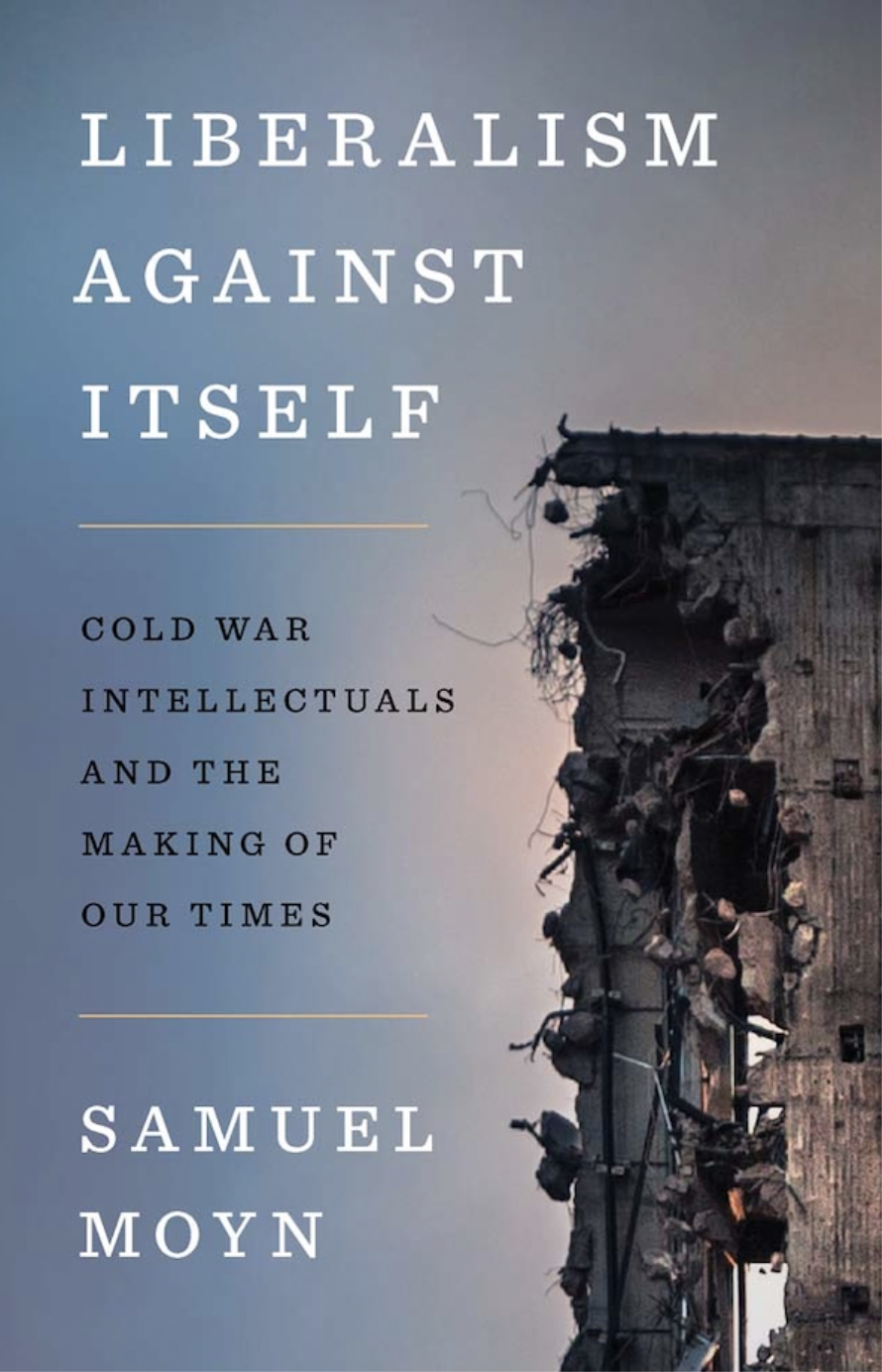Many years ago when I was a graduate student, I found myself teaching a course, shortly after the coup in Honduras, called “Democracy in Central America.” (Yes, yes, the obvious joke: “That will be a short class.”) I was interested in exploring the different ways in which democracy has been understood and defined, and the topicality of the Honduras coup was quite helpful, as there were many at the time who defended the unconstitutional coup as perfectly democratic, while others (more plausibly, in my view) insisted that it was not. In the course of one of my early lectures for the class, I made a reference to Monty Python and was stunned to discover that my students had no idea what I was talking about. And so I set myself a challenge: to incorporate one clip from Monty Python into my lectures each week. It was a pleasant thing to try, because the themes that dominate academic study of the Latin America are often so bleak. Here are some of the clips that I used.
1) For teaching about liberation theology: the clip from The Life of Brian when the folks in the back get into an altercation while Jesus delivers the Sermon on the Mount, saying “blessed are the peacemakers.” When I lived in a base community in El Salvador, the Sermon on the Mount was part of daily ritual, and I find sharing it with students is one of the best ways to explain the parts of Christianity that liberation theology emphasizes. Bonus use for the clip: since the crowd in the back mishears Jesus as saying “blessed are the cheesemakers,” you can tell the students about the cheese-making Quakers who moved to Costa Rica after that country abolished its army.
2) For teaching about U.S. occupations of Central American countries in the early twentieth century: “What have the Romans ever done for us?” from The Life of Brian. This one is very tricky, because it seems to imply that Roman occupation of Judea was in fact quite positive for infrastructural development. So I would use it like this: to explain that there were U.S. occupations that that didn’t do nearly as much as the “Romans,” and that what is being expressed is an ideology that justifies empire, not a serious argument in its favor. Also, that U.S. occupations did indeed attempt to change and reform political, cultural, and economic institutions in the countries they occupied, and that there were some ways that this went beyond simply “good” and “bad” effects.
3) For teaching about sectarianism on the left: “The Judean People’s Front.” I don’t think this one needs much explanation. It came up a lot in my class on Central America, with regards to the internal composition of El Salvador’s FMLN or Nicaragua’s FSLN, for example.





Leave a comment